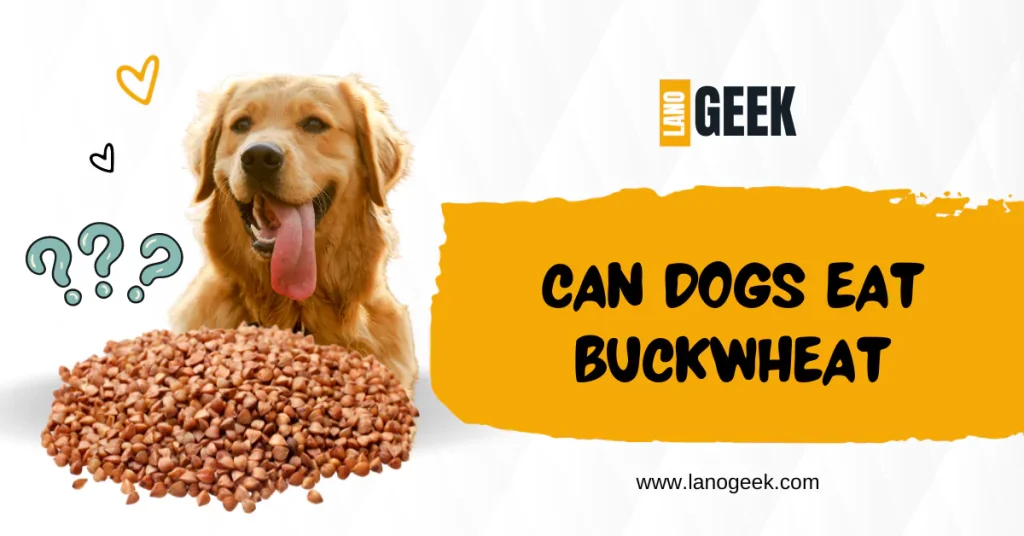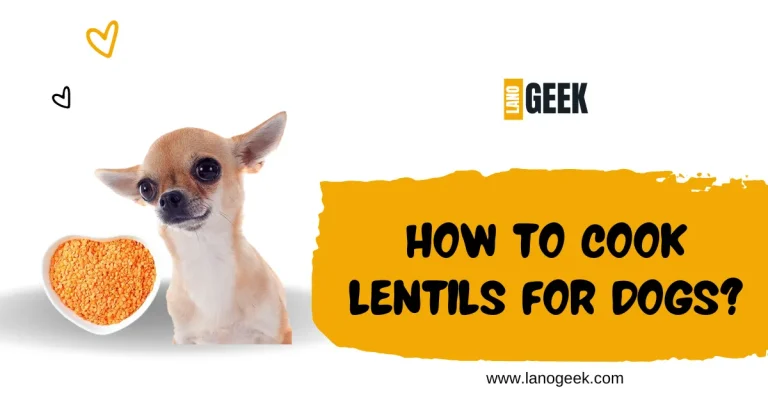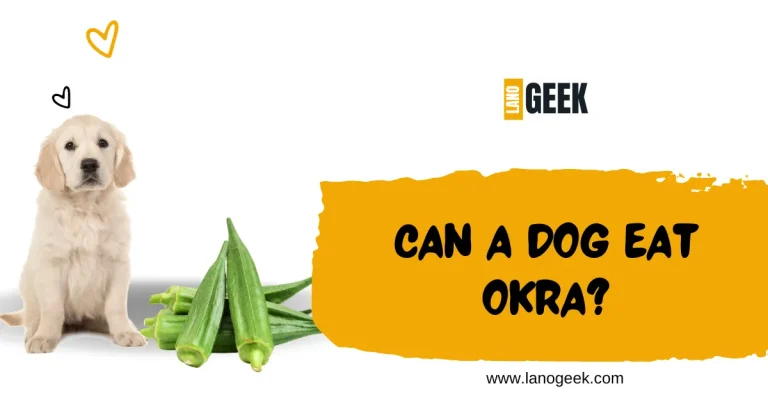Lets delve into the safety of feeding buckwheat to dogs. Buckwheat, hailed for its nutritional prowess, is generally considered safe for canine consumption. However, like any new food introduced to your pet’s diet, it’s essential to understand potential allergens and sensitivities. Buckwheat boasts a remarkable nutritional profile, containing essential amino acids, protein, fiber, and B vitamins. Plus, it’s gluten-free and cholesterol-free, making it an excellent choice for dogs with dietary sensitivities. We’ll explore the symptoms of buckwheat poisoning in dogs, including the photosensitivity induced by fagopyrin, a compound found in buckwheat.
Recent Read: Can Dogs Eat Huckleberries
Poisoning Symptoms Of Buckwheat
When it comes to buckwheat poisoning, understanding the symptoms is crucial for early detection and intervention. Dogs experiencing buckwheat poisoning may exhibit a range of symptoms, primarily due to the photosensitivity induced by fagopyrin, a compound found in buckwheat.
- Photosensitivity: Dogs may display an aversion to sunlight (photophobia) due to the sensitivity induced by fagopyrin. This sensitivity can result in discomfort and agitation, prompting affected dogs to seek shade or shelter.
- Skin Lesions: Exposure to sunlight after ingesting buckwheat may lead to the development of painful lesions on the skin. These lesions can vary in severity, ranging from minor irritation to severe necrosis of the skin tissue.
- Jaundice: In some cases, buckwheat poisoning can cause jaundice, characterized by yellowing of the skin and eyes due to liver dysfunction.
- Scabbing and Sloughing: The affected skin may develop scabs or undergo sloughing, where the outer layers of skin peel away, exposing underlying tissue.
Types Of Consumption
Understanding the different forms in which buckwheat can be consumed is essential for pet owners to make informed decisions about incorporating it into their dog’s diet.
Seeds: Nutritious and gluten-free, buckwheat seeds are generally safe for dogs to consume. They are a rich source of essential amino acids, protein, fiber, and B vitamins, making them a valuable addition to your pet’s diet.
Leaves: While the seeds are safe, the leaves of the buckwheat plant contain fagopyrin, the compound responsible for inducing photosensitivity. Ingestion of buckwheat leaves can lead to poisoning in dogs, causing symptoms such as photophobia and skin lesions.
Sprouts: Buckwheat sprouts have gained popularity as a health food, but overconsumption can pose risks of phototoxicity, both in humans and dogs. The overuse of buckwheat sprouts in juicing diets has led to cases of phototoxicity, highlighting the importance of moderation.
Causes Of Poisoning
Understanding the underlying causes of buckwheat poisoning is crucial for pet owners to prevent potential harm to their canine companions.
Presence of Fagopyrin: Fagopyrin is a toxic compound present in all parts of the buckwheat plant except for fully ripened seeds. When ingested, fagopyrin is absorbed into the bloodstream and reacts with sunlight, leading to photosensitivity reactions in dogs.
Activation By Sunlight
Exposure to sunlight activates fagopyrin in the dog’s bloodstream, causing it to fluoresce and induce radiation damage to the blood vessels. This reaction is more pronounced in areas of lighter skin and fur, where pigmentation offers less protection against sunlight.
Conclusion
In conclusion, while buckwheat offers numerous nutritional benefits for dogs, it’s essential for pet owners to proceed with caution and awareness.Buckwheat is generally safe for dogs, but some breeds may be allergic. Understanding the nutritional content and potential allergens in buckwheat is crucial before incorporating it into your dog’s diet.While buckwheat seeds are safe and nutritious, ingestion of buckwheat leaves or overconsumption of sprouts can lead to poisoning. Pet owners should be mindful of the form in which buckwheat is consumed by their dogs.






